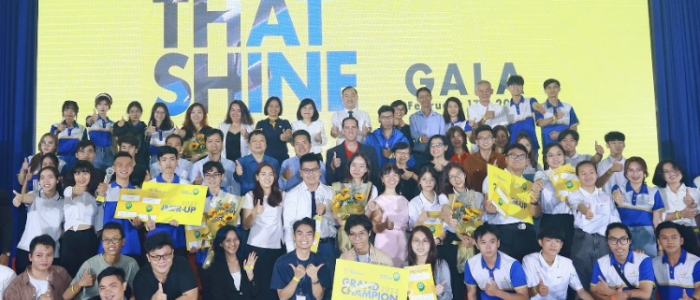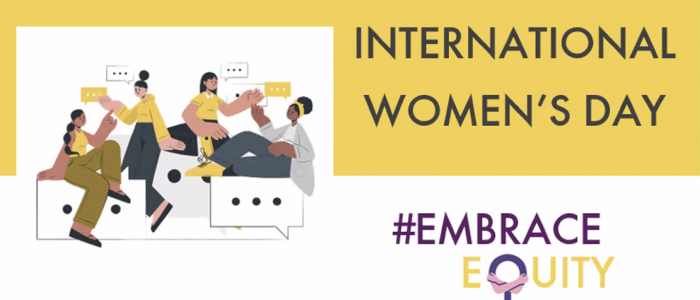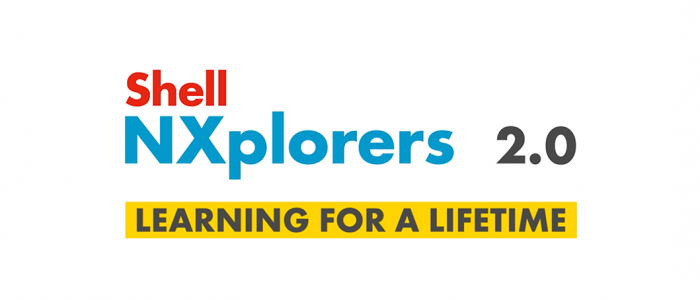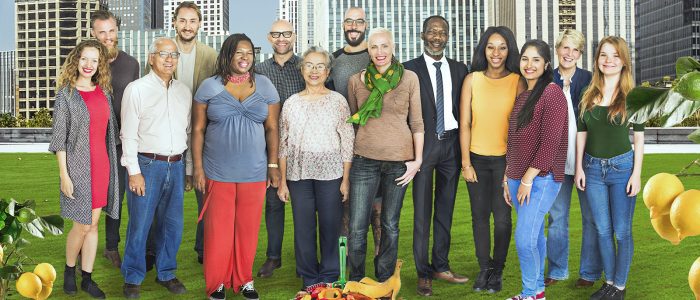In February 2023, more than 100 students from five states across India took part in an NXplorers Carnival. Individuals were invited to showcase their brilliant ideas for tackling the complex challenges arising from existing government policies on food, water and energy.
Students were clearly inspired by Shell’s invitation to voice their opinion on how they could shape change. “You know, the repositories of non-renewable energy resources are depleting day by day,” said one. “In the future, there might be an energy crisis. How will the world produce cleaner energy to power our homes, vehicles, and cities?
“After coming here to the Shell office and meeting the leaders, I am really inspired to become a scientist and work for Shell in the future,” remarked another. “NXplorers has given me the power to think differently and develop sustainable solutions.”

“India is a big country with a high number of schools and students. Students here today will definitely be transformed into future leaders through NXplorers,” reflected another. “The Indian government is also welcoming STEM initiatives, like NXplorers. Considering this, can we make sure the NXplorers program reaches all schools in India.”
Among the incredible projects highlighted during the NXplorers Carnival was a natural fruit ripener. Kaushik and Shrijith from KV Anna Nagar School in Tamil Nādu explained that as consumers, we have an unsatiable appetite for fruit. But we consume fruit ripened with hazardous chemicals such as calcium carbide. So, Kaushik and Shrijith want us to think about collecting the enzymes that are used to ripen fruit. As they are a natural ripening method, it has been found to be much more effective than chemicals.
Have you ever thought about how we can utilise plastic waste to meet increasing energy demand? Risabh and Shashi from N V Patel Vidyalaya in Gujarat considered how we can turn plastic waste into fuel oil. They discovered that properties of the fuel obtained from plastics are similar to that of petrol. They believe it is possible to convert 90 per cent of plastic waste into fuel. What’s more, it is significantly more efficient and cost-effective than our existing chemical recycling standards.
Yashwanth and Chinmay from GHS, Yenteganahalli in Karnataka presented their idea as to how fog can be used to overcome water scarcity issues. The students presented a fog catcher which harvests water from fog using large pieces of vertical mesh netting. The fog droplets flow down into a trough. They passionately believe that the collection of fog water is a simple and sustainable way to obtain fresh water for afforestation and gardening. It can also be used as a drinking water source for human and animal consumption. More importantly, it allows us to solve water scarcity issues that blight dry land and hilly regions across India.
Watch the video above to see the highlights.




